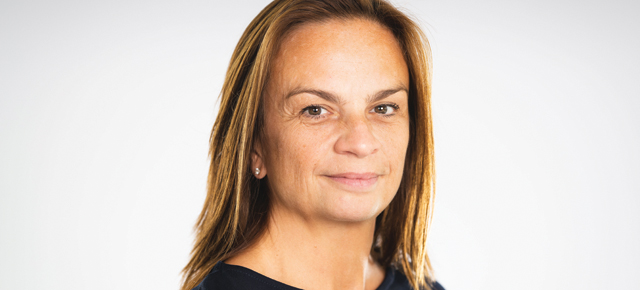Claire Miles has indicated a new approach to bus franchising and wants to turn the page on ‘cultural and political baggage’ of Souter years

The recently appointed chief executive of Stagecoach has expressed regret over the group’s confrontational approach to bus franchising in the past and indicated a lack of interest in meeting the group’s co-founders, Sir Brian Souter and Ann Gloag.
In an interview with The Times before Christmas, Claire Miles said she was keen to collaborate with local authorities, regardless of their chosen regulatory model.
This shift in stance is likely to be welcomed by some Stagecoach managers who have privately indicated that the group’s aggressive position during the adoption of bus franchising in Greater Manchester damaged the group’s credibility with key stakeholders.
Miles confirmed the company’s commitment to working with local authorities, stating: “No matter what the local authority’s view is on how they want their bus services to be run – whether that’s through franchising, like is happening here in Manchester – we will work with it.
The reality is that we need to do what’s right for customers. And if franchising is the right answer for that, we’ll get on board with franchising
“There’ve been a lot of statements made in the past about where we want to operate and how. The reality is that we need to do what’s right for customers. And if franchising is the right answer for that, we’ll get on board with franchising.”
Miles’s pragmatic approach is likely to align with the preferences of German infrastructure fund DWS, which acquired Stagecoach last year. It seems logical that DWS would be inclined towards the steady financial returns that the franchising model could offer bus operators.
Miles also said she was keen to cast aside Stagecoach’s “cultural and political baggage”. Much of that is linked to Souter’s controversial decision to donate £1m to a campaign in 2000 that opposed the abolition of laws in Scotland that prohibited “intentionally promoting homosexuality”. As recently as 2019, pressure from gay rights campaigners forced the Turner Prize to end a sponsorship deal with Stagecoach South East a day after it was announced.
Meanwhile, last year Souter publicly condemned late-term abortions, likening them to the biblical slaughter of the innocents by King Herod. Gloag is also no stranger to controversy. Last year she faced accusations of people trafficking, a charge she has strongly disputed.
Following the takeover of the Perth-based group by DWS, Souter and Gloag sold their remaining shares in Stagecoach.
Miles told The Times, in what the newspaper described as the “clearest message of our conversation”, that she wants to “draw a line under Stagecoach’s participation in culture wars under Souter and Gloag”.
“They are nowhere near the business,” Miles claimed. “They had a massive impact on the business reputation and created a legacy for us.
I am absolutely determined, going forward, that we will show up as a different type of company. Non-political. Non-judgemental
“I am absolutely determined, going forward, that we will show up as a different type of company. Non-political. Non-judgemental. Embracing openness and diversity. All of that is really important to me and that is how I will run the business.”
When asked wether she had spoken to Souter or Gloag since joining Stagecoach nearly three months ago, her curt response was an emphatic, “no”.
This article appears in the latest issue of Passenger Transport.
DON’T MISS OUT – GET YOUR COPY! – click here to subscribe!









